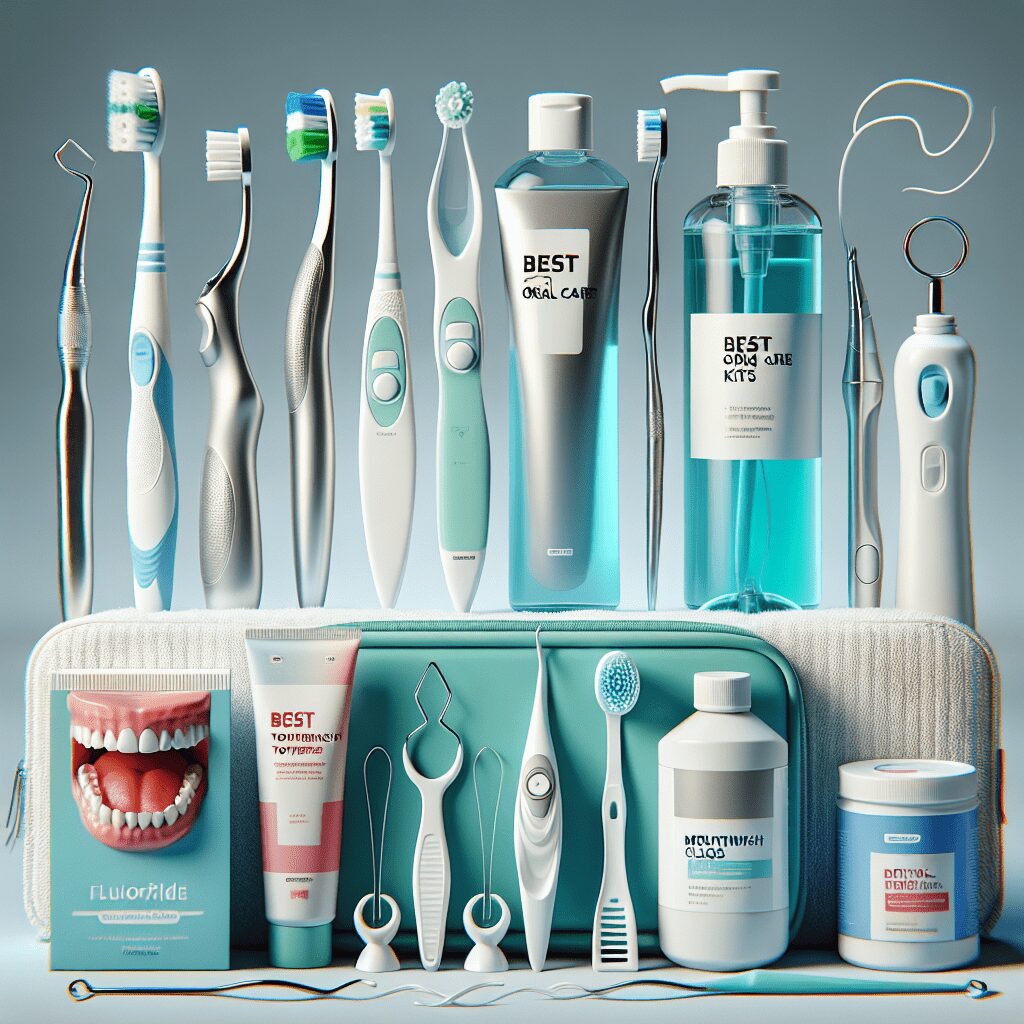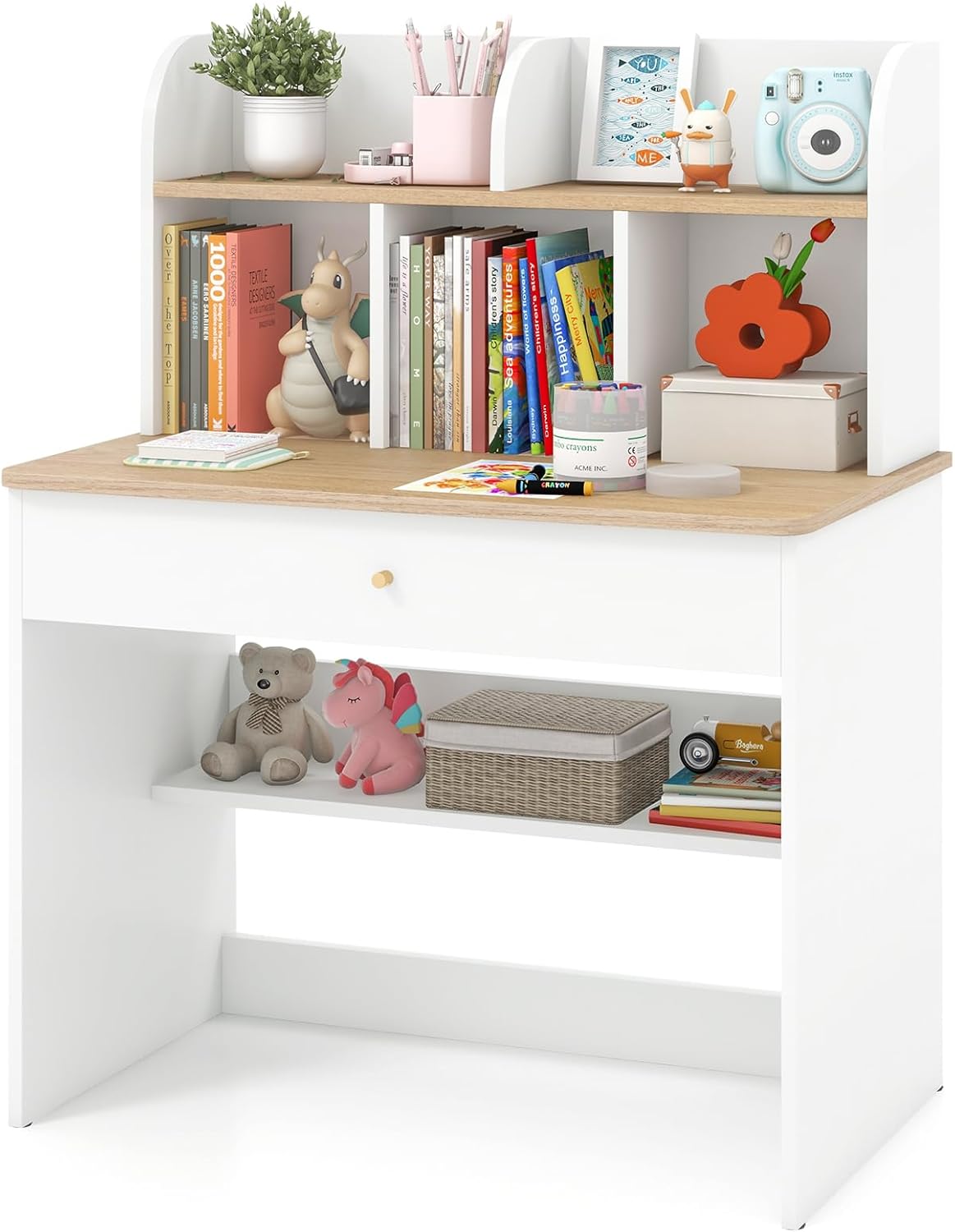The Ultimate Guide to At-Home Oral Care: Top Kits for a Healthy Smile
Introduction to At-Home Oral Care
When it comes to our overall health, oral care is often relegated to the backburner. However, maintaining a healthy smile is as critical as exercising and eating a balanced diet. The good news? Achieving optimal oral health can be as simple as investing in the right at-home care kits. In this guide, we’ll explore everything you need to know about effective oral care, including the best kits, tips for maintaining your smile, and how to incorporate oral care into your daily routine.
1. Understanding Oral Health
To kick off this journey to a healthier smile, let’s first understand why oral health matters. Oral health directly affects our overall physical health, well-being, and quality of life. Poor oral hygiene can lead to dental issues like cavities, gum disease, and even systemic conditions such as heart disease and diabetes. By prioritizing oral care, we can ensure not only a beautiful smile but also pave the way for overall health.
2. Key Components of Oral Care
At the core of effective oral hygiene are four critical elements: brushing, flossing, rinsing, and regular dental check-ups. Each component plays a vital role in preventing dental issues and promoting overall oral health.
-
Brushing: The foundation of any oral care routine. Aim for at least two minutes, twice a day with fluoride toothpaste.
-
Flossing: Often overlooked, flossing removes debris between teeth that brushing can’t reach, reducing plaque buildup.
-
Rinsing: Antimicrobial mouthwash can provide an additional layer of protection against oral bacteria.
-
Check-ups: Regular visits to a dentist help catch potential problems early and keep your mouth in peak condition.
3. The Best At-Home Oral Care Kits
The market is saturated with dental care kits, but not all are created equal. Here are some of the top-rated options tailored to different oral care needs.
-
Electric Toothbrush Kits: Brands like Oral-B and Philips Sonicare offer high-tech options that outperform manual brushing. They often come with multiple modes for various needs and pressure sensors to prevent gum damage.
-
Flossing Tools: If traditional flossing is a hassle, consider a water flosser like the Waterpik. It’s especially beneficial for people with braces or dental implants.
-
Teeth Whitening Kits: For those looking to enhance their smile, kits from brands like Crest or HiSmile provide effective whitening solutions that can be used at home.
-
Mouth UV Sanitizer Kits: Device kits are perfect for cleaning not just your mouth but also your toothbrushes! They use UV light to eliminate germs.
4. DIY Home Remedies for Oral Health
While investing in quality kits is essential, you can also incorporate some natural remedies into your routine.
-
Oil Pulling: A traditional practice that involves swishing coconut or sesame oil in your mouth to reduce plaque and inflammation.
-
Baking Soda: Mix with water to create a mildly abrasive paste that can whiten teeth and combat odor.
-
Salt Water Rinse: Salt can promote healing and help combat bacteria, making it a great rinse option for sore gums.
Remember, natural remedies should complement, not replace, professional dental care.
5. Building a Daily Oral Care Routine
Now that you’ve got your kits, it’s time to establish a routine.
-
Morning Ritual: Start your day by brushing and flossing. Incorporate mouthwash for an extra boost of freshness.
-
After Meals: If possible, rinse with water after meals and use interdental brushes to remove food particles.
-
Evening Routine: Before bed, ensure you brush and floss effectively to combat overnight plaque activity.
Consistency is key! Try to set reminders or use a habit-tracking app to help you stay on track.
6. Maintaining Oral Health Through Nutrition
What you eat plays a huge role in oral health. Here are some dietary tips to consider:
-
Calcium-Rich Foods: Dairy products, leafy greens, and almonds promote strong teeth and bones.
-
Crunchy Fruits and Vegetables: Apples, carrots, and cucumber can help clean teeth naturally while snacking.
-
Limit Sugary Snacks: Sugar feeds decay-causing bacteria. Opt for healthier snacks when possible.
7. Recognizing Signs of Oral Health Issues
Educating yourself on the signs of potential oral health issues is crucial. Pay attention to:
-
Gum Inflammation: If you notice redness or swelling, it may be an early sign of gum disease.
-
Persistent Bad Breath: This could indicate underlying dental issues.
-
Sensitive Teeth: If cold or hot foods cause discomfort, consider consulting a dentist.
Being vigilant can help you address problems before they escalate.
8. The Importance of Professional Care
While at-home care is pivotal, don’t forget that dental professionals are your allies in oral health. Schedule regular check-ups and cleanings every six months. Your dentist can provide in-depth assessments, professional cleanings, and necessary treatments that will maintain your smile for years to come.
Conclusion
Your smile is one of your most valuable assets, and investing time and effort into your at-home oral care routine can yield significant benefits. By understanding the core components of oral health, investing in the right kits, and adopting simple yet effective daily practices, you’re well on your way to a healthier smile. Remember, smile not just for yourself but for everyone around you—your joy shines through that smile!
FAQs
Q1: How often should I brush my teeth?
A: Brush your teeth at least twice a day, ideally after meals, for about two minutes each time.
Q2: How important is flossing?
A: Flossing is crucial as it removes plaque and food particles from areas a toothbrush can’t reach. Aim to floss at least once a day.
Q3: What’s the best time to visit the dentist?
A: Regular check-ups should be scheduled every six months, but you should see a dentist sooner if you notice any issues.
Q4: Can I whiten my teeth at home?
A: Yes, there are many effective at-home whitening kits available. Be sure to follow the instructions correctly for safe use.
Q5: What should I do if I have bad breath?
A: Beyond regular brushing and flossing, staying hydrated, using mouthwash, and chewing sugar-free gum can help. If it persists, consult a dentist.
Q6: Are electric toothbrushes better than manual ones?
A: Research shows electric toothbrushes can reduce plaque more effectively due to their rapid brushing motion and built-in timers.
Q7: How do I care for my electric toothbrush?
A: Clean the brush head regularly and replace it every three months, or sooner if bristles are frayed.
Q8: What natural remedies can I use for oral health?
A: Oil pulling, baking soda pastes, and saltwater rinses can all support oral health, but remember they should complement regular dental care.
Instantly Access Your Free Children’s Books Here! (https://payhip.com/BlueCherryStore) – Disclaimer: I may earn a commission from qualifying purchases as an affiliate. Please note that I only recommend products I believe will provide value to my readers.(M)









